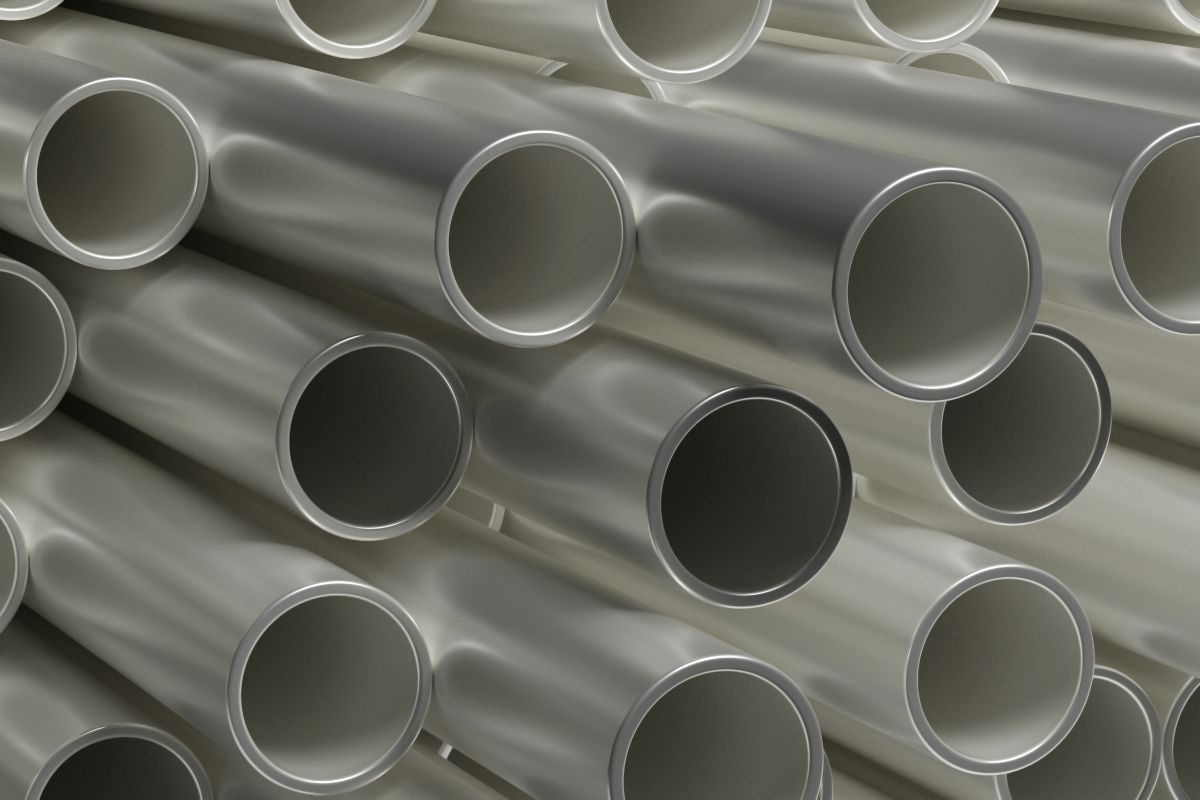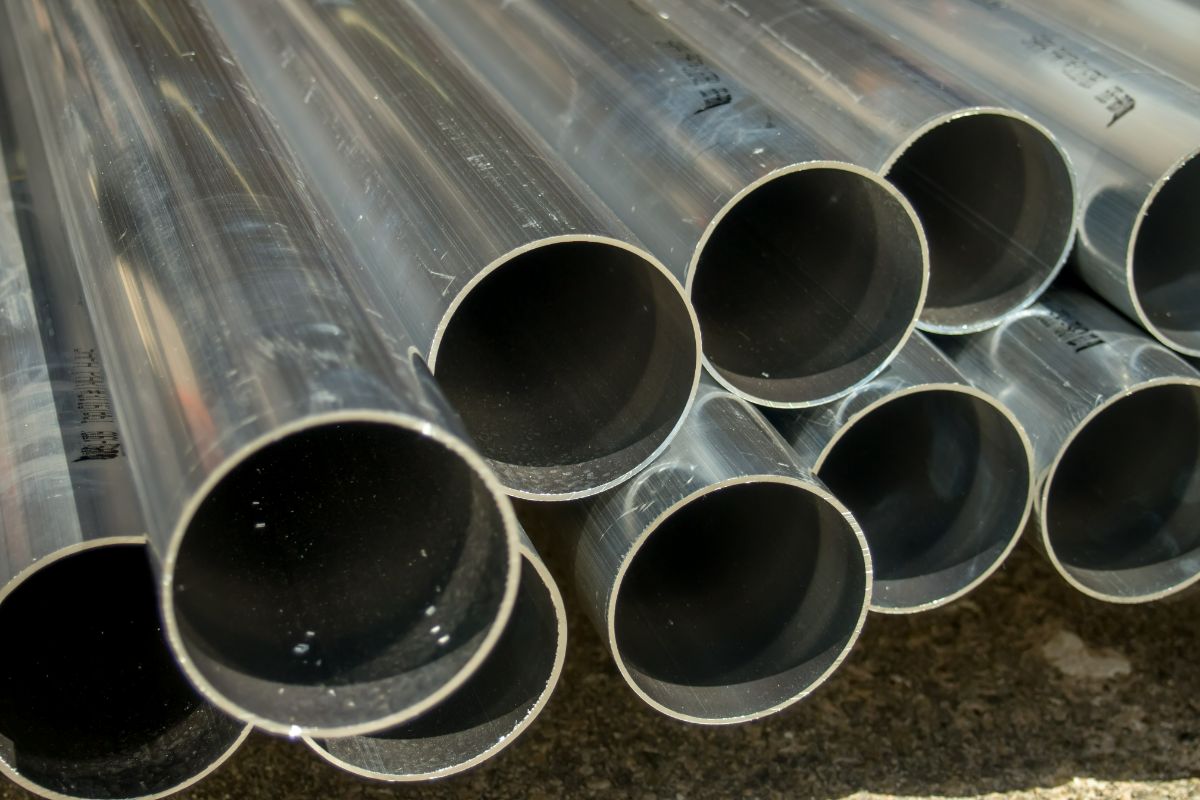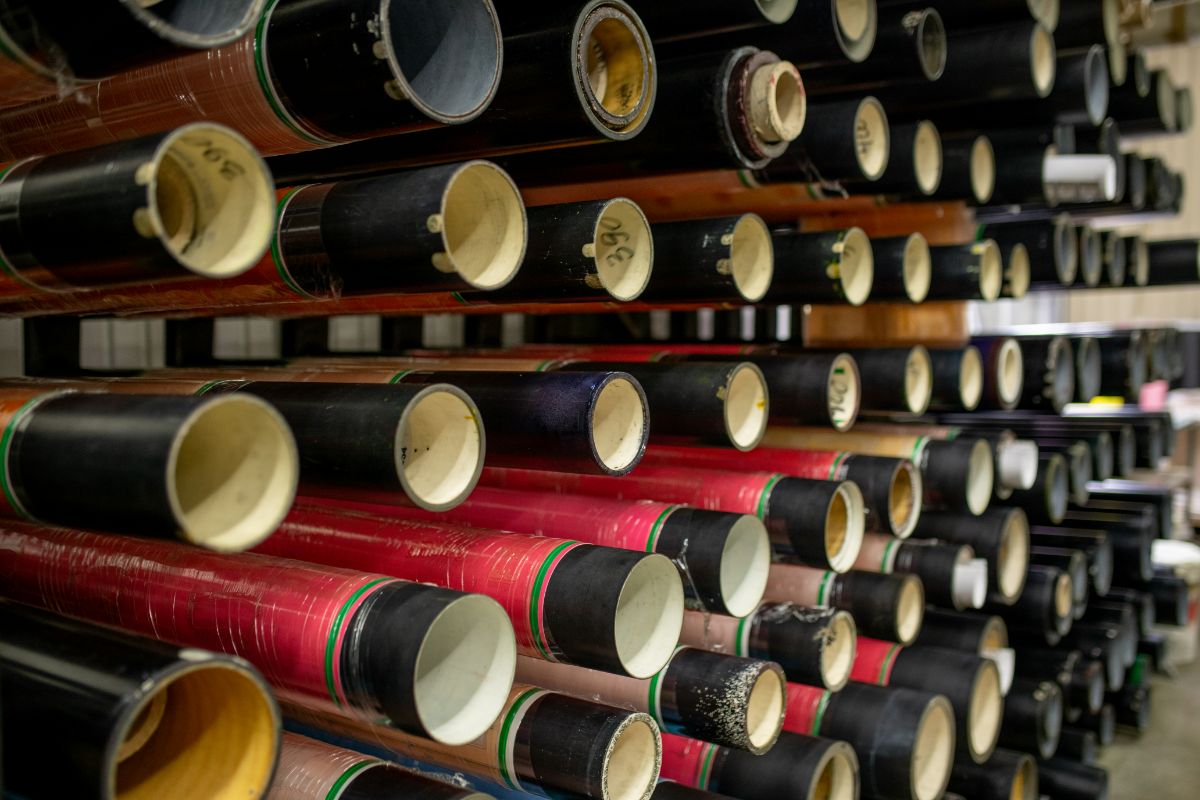
4 Types of Anti-Rust Coatings for Your Pipes
What are the types of anti-rust coatings for your pipes?
- Zinc
- Epoxy
- Polyutherane
- Paint
Overview
- Zinc is a popular coating that provides a metallic barrier to pipes, protecting them from corrosion by acting as a sacrificial layer.
- Epoxy is a highly-used anti-rust coating that seals out oxygen from metal, offering protection against corrosive liquids and high temperatures.
- Polyurethane is a hardwearing resin that provides chemical and solvent resistance, enhancing the durability of metal pipes.
- Paint is a common and economical anti-rust solution that acts as a barrier against water and oxygen.
Corrosion happens due to the combination of metal and oxygen or other chemicals. It is the slow deterioration of the material. That is why it is the biggest issue when using any steel pipes. It’s due to the fact metal is vulnerable to rusting, affecting the safety and durability of your project.
Fortunately, it can be easily avoided to ensure the longevity of your building. Let’s look at the different types of anti-rust coatings for your metal pipes. From zinc to paint, let’s discover the four protective layers to ensure the optimal performance of our materials.
Zinc

Zinc is a popular coating for various steel materials. It is a component of brass that provides a strong metallic barrier to your pipes. As an important component in construction, its advantage is increasing the durability of your projects.
Mainly zinc is used to combat corrosion. As a layer, it protects your metal materials from the process of oxidation. It acts as a sacrificial barrier because when corrosion occurs, it does not affect the material but the coating itself. So, when you see your metal pipes rusting, know that it is the zinc that it targets first before your pipes. This gives you time to respond accordingly to the issue.
Often, zinc is layered to your steel resources through a process of galvanizing. Galvanization involves hot-dipping your pipes into molten zinc to coat them. The result of this is your reliable galvanized iron pipes.
Epoxy
The second type of anti-rust coating for your pipes is epoxy. It is a combination of resin and hardener, focusing on sealing out oxygen from the metal. As a highly-used steel coating, it is often found in projects in the marine industry since it can cure underwater or on damp surfaces with minimal surface preparation.
Apart from anti-rust qualities, epoxy coatings have many advantages. It offers protection against corrosive liquids, turbulence, and maximum temperatures. Moreover, it lasts for a very long time. This will help you avoid any further maintenance for your steel pipes.
Epoxy coatings come in three different categories. They are the water-based, solvent-based, and solvent-free coatings. Each offers its distinct considerations. In choosing the best option for you, a proper understanding of your unique specifications is required.
Polyutherane

Like epoxy, polyurethane is a hardwearing resin solution to this issue. It consists of two main components, the isocyanate groups and hydroxyl groups. The former is a designation of the nitrogen, carbon, and oxygen atoms. The latter refers to the group of hydrogen and oxygen atoms. The combination of these two parts is polyurethane resin itself.
As a protective layer, polyurethane is an excellent choice. It does not only work to combat corrosion but there are also other qualities it offers. When you coat your metal pipes with polyurethane, it gives you resistance against chemicals and solvents. They are acid-resistant and can enhance the longevity of your piping systems.
In addition to that, polyurethane is also an economical coating. This means that it is easy to apply. After proper surface preparation and application, they dry or cure very quickly.
Paint
Paint is the most common solution to prevent pipe rust. Often found in most households, it is a cheap process of protecting your metal materials.
This coating comes in three major components. They are binder, pigment and extender, and solvent. The solvent is simply for application aid while the first two are the final dry paint film. When applied on the surface of your metal pipes, it acts as a barrier that stops water and oxygen from reaching the material.
While it can fight corrosion, it may not be the most durable in the long term. However, there are specialized paints that focus on your specific needs. Some paint manufacturers develop anti-rust paints for any metal type. Using these rather than common household paint will help you prevent damage issues.
Key Takeaway
Selecting a suitable anti-corrosion coating is essential. This is to ensure the reliability of your pipes whether they are used for structural or transportation needs. However, in your search for the appropriate coating, it is important to note that various coatings offer their distinct advantages and considerations.
With Supreme Pipes, big decisions like this are not overwhelming. We understand the importance of steel pipes in various applications. That is why we make sure we give you not only the right materials but the right advance. So, to start your anti-rust journey, contact us today and, together, let’s optimize your pipe materials!


